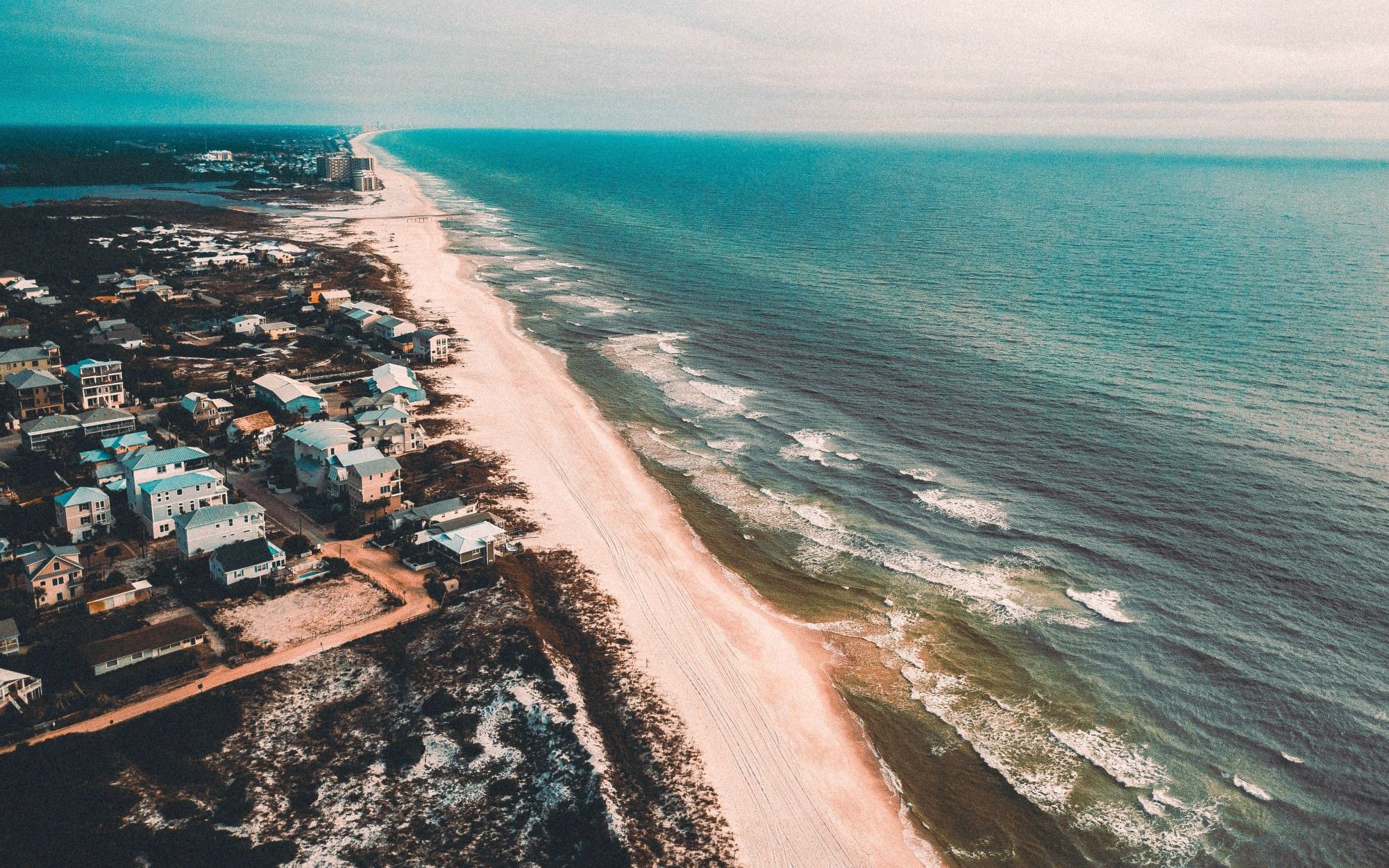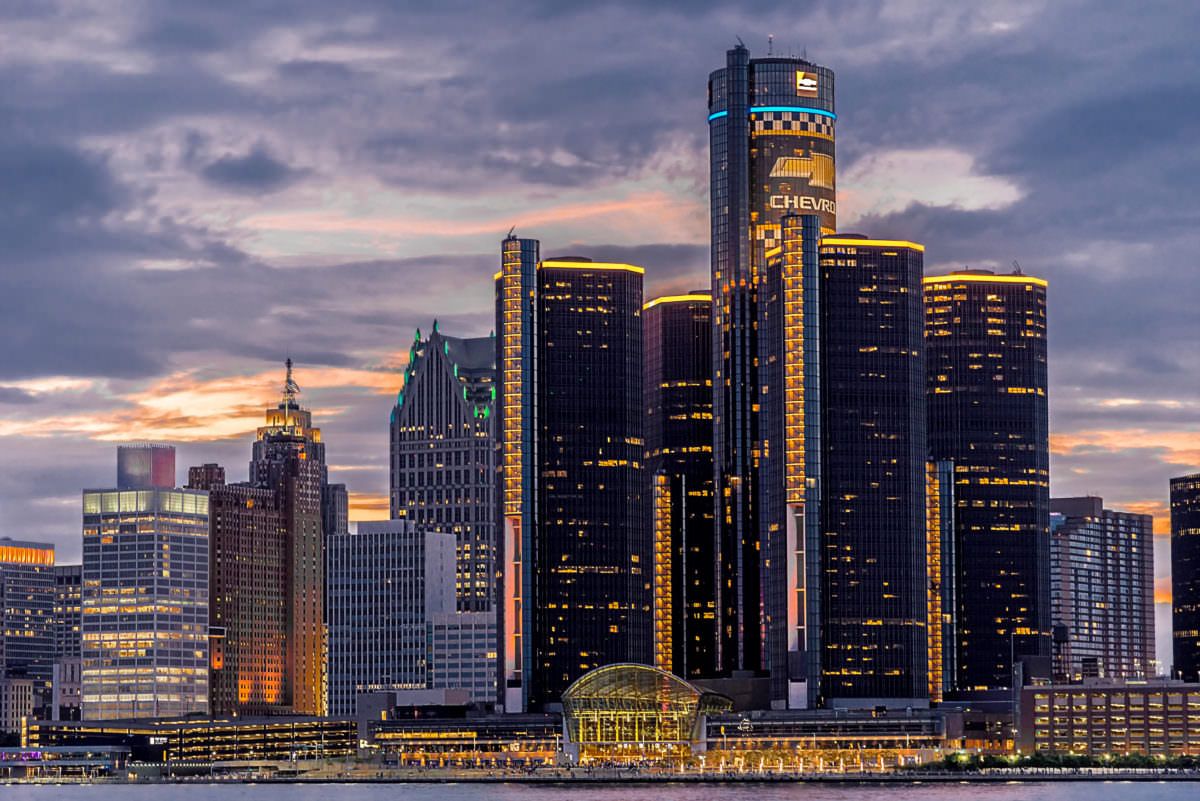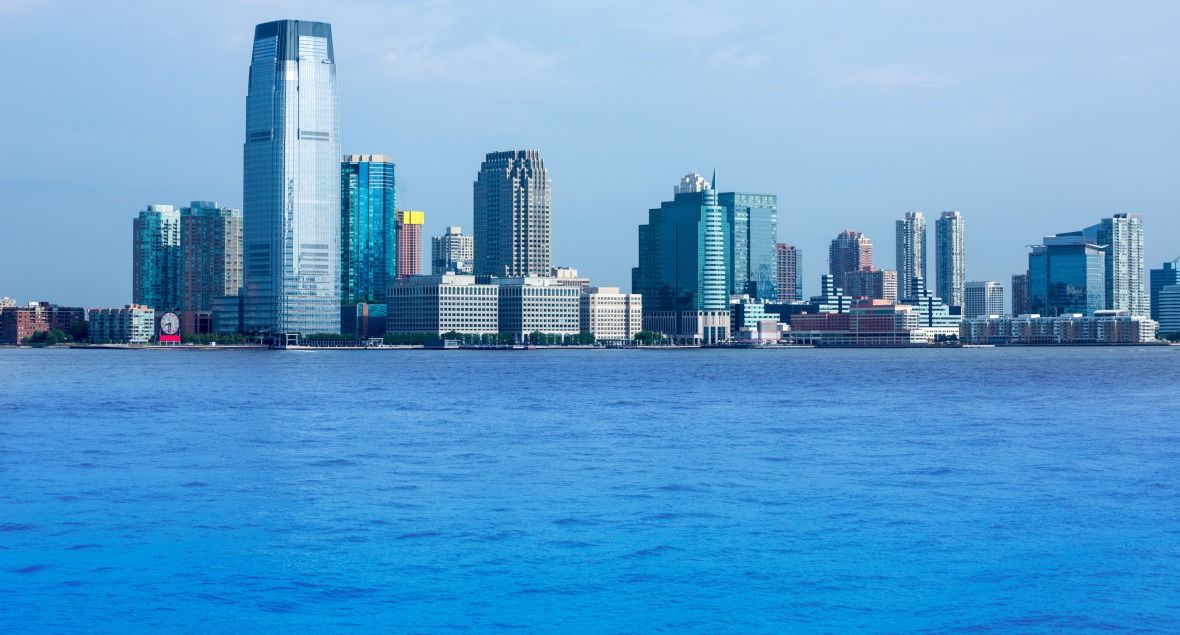Florida’s dozen or so active medical marijuana businesses are expected to see tens of millions of dollars in additional sales by this summer – thanks to a new law that repeals a controversial ban on smokable products.
Republican Gov. Ron DeSantis made it official Monday when he signed a bill passed by lawmakers last week.
The law takes effect immediately, but regulators must iron out the details. Flower sales are expected to start no later than this summer.
Kim Rivers, CEO of Trulieve, one of Florida’s largest MMJ businesses, said she couldn’t put a specific number on how much smokable products might boost her company’s sales.
In addition to sales to the state’s existing 193,338 qualified patients, “we do anticipate this will be (another) draw for patients to enter the market in Florida,” Rivers said.
One caveat: Sales in recent years have been moving away from flower and toward concentrates – especially vape pens and cartridges.
Jeffrey Sharkey, executive director of the Medical Marijuana Business Association of Florida, characterized the development as “significant” for the already fast-growing industry.
The updated Marijuana Business Factbook estimated that Florida’s medical cannabis industry hit $200 million-$300 million in sales in 2018.
That’s compared with sales of $20 million-$40 million in 2017.
Flower available by summer, if not sooner
With the governor’s signature, here’s what will happen next:
- The law becomes effective immediately, but the Florida health department must develop and approve rules to allow for smokable products, Sharkey said. “That would take 90 days or so if not challenged,” he noted.
- Sharkey said he would expect smokable products to be available by the summer. Rivers of Trulieve said it could happen before that. “All indicators are that Gov. DeSantis would like this to be implemented quickly,” she said.
- The law allows qualified patients to receive up to 2.5 ounces of cannabis every 35 days.
- Higher retail sales also will bode well for ancillary services, Sharkey noted.
DeSantis had urged lawmakers to lift the prohibition on smokable products after courts ruled the ban violated a constitutional amendment legalizing MMJ that was passed by voters in 2016.
Medical marijuana operators in Florida have been aggressive in lobbying for pro-business provisions, donating at least $2.5 million to state lawmakers and political parties since the summer of 2016, according to the Miami Herald.
Surterra has donated $1.1 million, including $50,000 to DeSantis’ gubernatorial campaign, followed by Trulieve, $564,000, and Curaleaf, $469,000, according to the report.
Kim Hawkes, senior manager of government and public relations for Surterra Wellness, one of Florida’s largest MMJ businesses, didn’t comment about the lobbying report.
But she said the repeal of the ban on smokable products is a “great example of our state government supporting the will of the people.”
Hawkes said Surterra plans to offer pre-rolls in a variety of strains and potencies as soon as the program is approved and then additional whole flower products later in the year.
Expansion in a tightly controlled market
The expansion of products, though, comes as Florida’s MMJ market remains tightly controlled by a handful of businesses.
Florida has a vertically integrated medical marijuana industry and caps on the number of dispensaries, both of which also have been ruled unconstitutional in recent months.
In January, DeSantis urged lawmakers to loosen licensing rules so more companies could enter the market.
New licensing has been in limbo while various legal challenges to the state’s restrictions and process have worked through the courts.
In the meantime, five companies – Trulieve, Surterra, Curaleaf, Knox Medical and Liberty Health Services – control the vast majority of the state’s dispensaries.
In fact, those five businesses operated 91, or 85%, of the state’s 107 dispensaries statewide as of March 8, according to Florida health department figures.
Until other licensees expand or the market opens up to new licensees, those businesses likely stand to gain the most from the elimination of the ban on smokable products.
At least some of the other licensees do have big plans to expand.
On Monday, Cresco Labs, a Chicago-based vertically integrated cannabis company, agreed to acquire VidaCann in a $120 million cash and stock deal. VidaCann currently has only seven dispensaries in Florida but had plans to expand that number to 20 by year-end.
Jeff Smith can be reached at jeffs@mjbizdaily.com





